Expert debunks claims use of wasps to protect pandanus is a threat to bees
A pandanus dieback expert consulting with Bundaberg Regional Council has refuted claims the use of native wasps is a threat to other important species in the region.
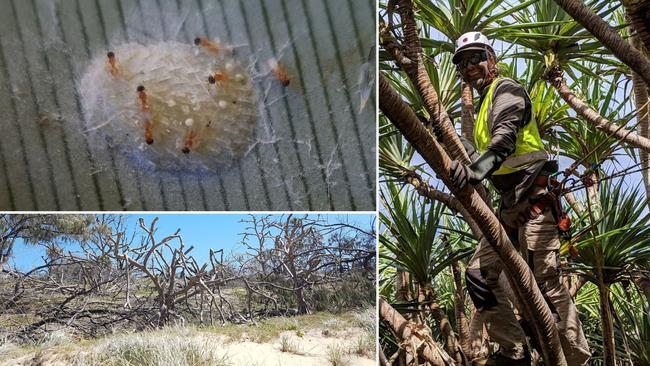
Bundaberg
Don't miss out on the headlines from Bundaberg. Followed categories will be added to My News.
Concerns over Bundaberg Council’s strategy for using native wasps to control pandanus dieback along the region’s coastline have been squashed down by an expert who says there is no risk to other species.
Pandanus plants in the Bundaberg coastal regions started deteriorating around 2012 due to an infestation of the Pandanus Planthopper, an insect native to northern Queensland.
The insect was likely introduced to southern Queensland as a passenger on pandanus plants shipped from the north in the 1990s, when they became popular as a landscaping plant for residential developments.
The native wasp feeds on the eggs of the Pandanus Planthopper, helping to keep their population in balance with the surrounding ecosystem.
Man charged with multiple child sex crimes, bestiality, abduction
Without the natural control of the native wasp the Pandanus Planthopper population explodes into damaging numbers.
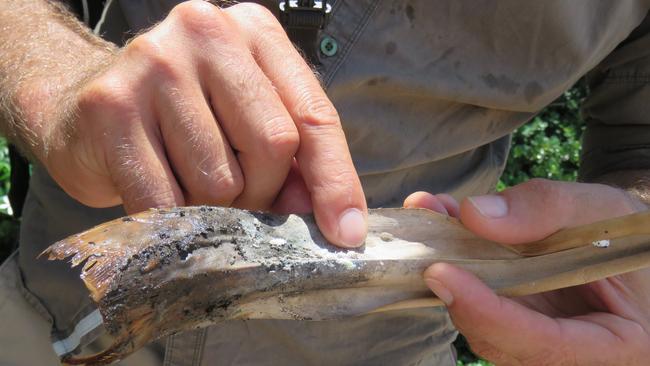
The native wasp was introduced to Bundaberg in 2012 by experts with the intention of protecting the pandanus plants by controlling the Planthopper population.
In 2020, and again in 2023, Bundaberg Regional Council has engaged Joel Fostin, a pandanus dieback and coastal ecosystem specialist and a pioneer in the use of native wasps as natural biocontrol for the Pandanus Planthopper.
But local businesses and entrepreneurs are concerned that the introduction of the wasp will have unintended consequences for the local ecosystem.
A potential bee-keeping business established in collaboration with local farmers and the Vera Scarth-Johnson Wildflower Reserve has been put on hold due to concerns that the wasps will predate on honeybees.
The concerns are partly driven by the experiences of the honey industry of the United States, which is under threat from the Asian giant hornet.
Watch: Police chase hoon who did multiple burnouts
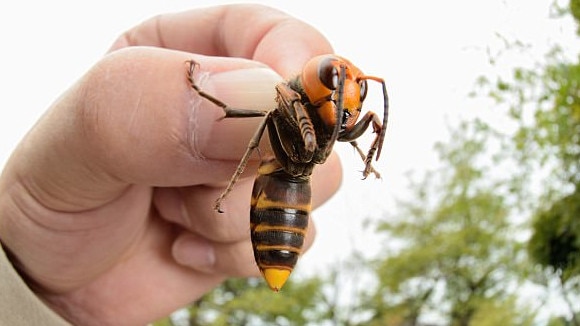
The U.S. Department of Agriculture lists the Asian Giant Hornet as a threat to the European honey bees used in the local honey industry.
But Mr Fostin emphatically refutes any concerns that the native wasp is a threat to the local bee population.
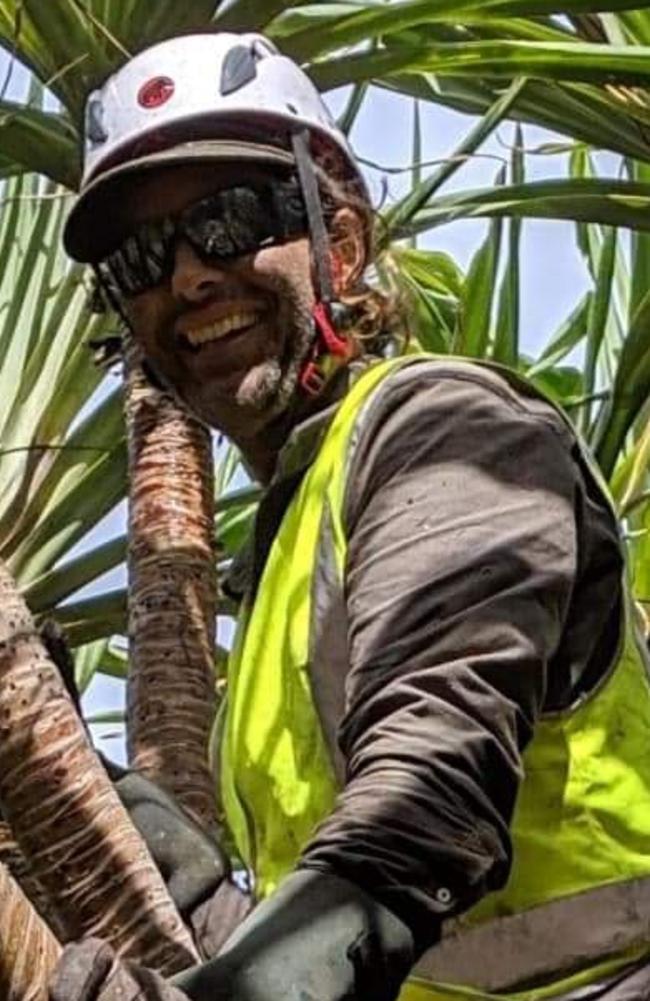
“There is absolutely no correlation (between bees and the native wasp), they wouldn’t even cross paths,” Mr Fostin said.
The wasps do not predate on the bees in any way - in fact the native wasp, smaller than a sandfly at 0.9mm long, does not even have a stinger like the European wasps in the popular imagination.
Mr Fostin has documented that greater damage is done to biodiversity when traditional pesticides are used rather than the biocontrol methods involving the native wasps.
“Broad scale chemical use is wiping out all these non-target insects,” Mr Fostin said.
Mr Fostin first implemented the leaf hopper biocontrol strategy on Fraser Island in 2015.
The strategy enabled the pandanus population on Fraser Island to return to health after between 30 – 50,000 trees were wiped out due to Pandanus Planthopper infestation.
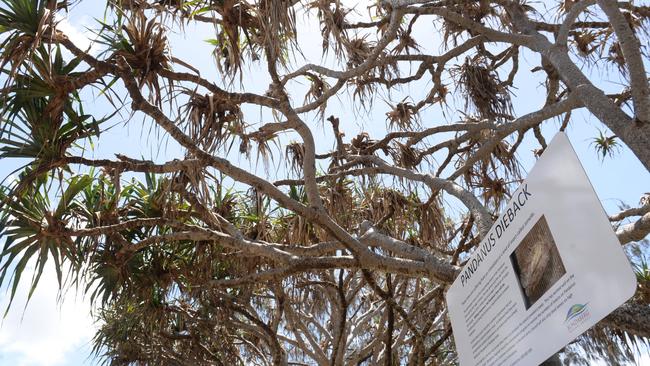
For Mr Fostin, the approach is simply a matter of assisting the local ecosystem to achieve its natural balance.
“The only solution is the natural solution, the simplest and most effective way,” Mr Fostin said.
Bundaberg Regional Council affirmed its commitment to continuing the use of the biocontrol method for protecting the pandanus trees along the coastline.
“Where an opportunity arises to translocate this parasitoid wasp within the local area this method is employed as an effective biological control,” a council spokesperson said.





